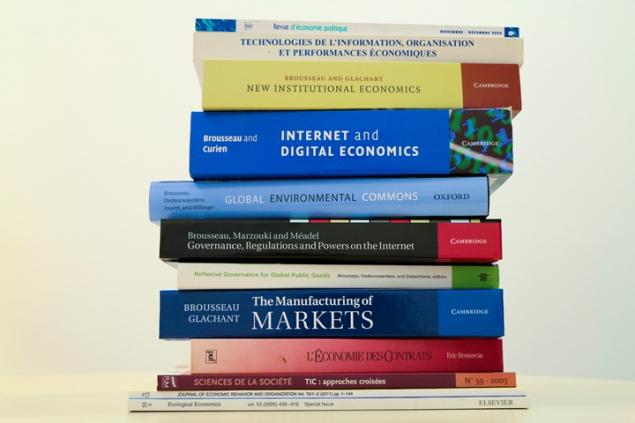
|
| , - |
|
| Salle C 108 (1er étage), Université Paris-Dauphine |
Speaker
The Economic Effects of the Abolition of Serfdom: Evidence from the Russian Empire
We document a very large increase in agricultural productivity, peasants’ living standards, and industrial development in late 19th century Imperial Russia as a result of the abolition of serfdom in 1861. A counterfactual exercise suggests that if serfs were freed in 1820, by 1913 Russia would have been about 40% richer, compared to what it actually was. We construct a novel province-level panel dataset of development outcomes and conduct a difference-in-differences analysis of the effects of the abolition of serfdom, relying on cross-sectional variation in the shares of serfs and the timing of the different stages of reform, controlling for unobserved variation across provinces and over time, as well as province-specific trends. We disentangle the two stages of the abolition of serfdom: the emancipation of serfs and land reform, and find that, in contrast to a large positive effect of emancipation, land reform negatively affected agricultural productivity. We provide evidence that better incentives resulting from the cease of a ratchet effect in landlord-peasant relationship is a likely mechanism behind the positive effect of emancipation and the increase in the power of re-partition peasant commune is a mechanism behind the negative effect of the land reform. Download the paper























